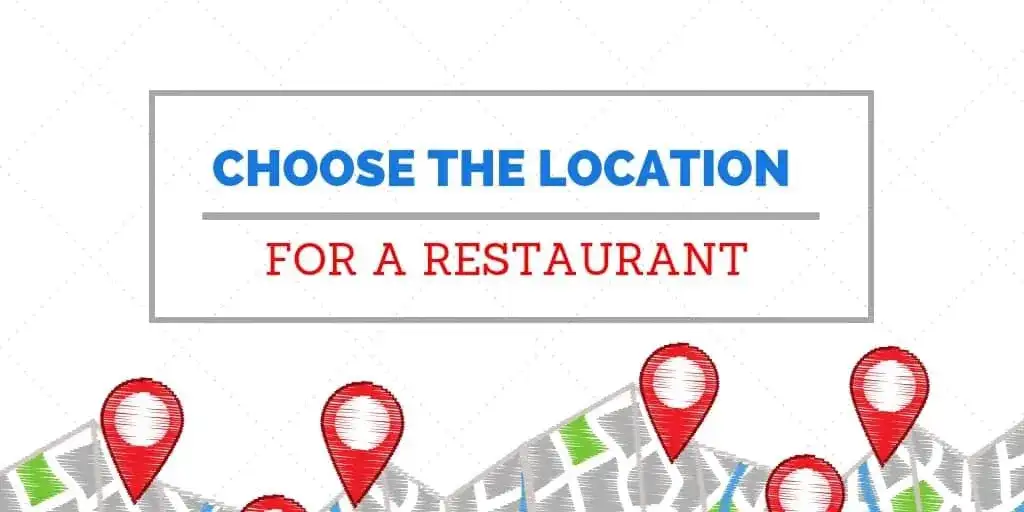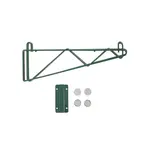
How to Choose the Location for a Restaurant: 10 Factors to Consider
When you are planning to start a restaurant, one of the top important details to think about is location. The location of any bricks-and-mortar business can literally make or break it. Overlooking this crucial detail is a big mistake. Not giving the matter enough attention could be equally detrimental. Before you commit to a space and open your restaurant, consider the following factors carefully.
Zoning Laws
Be sure that the neighborhood you’re considering is zoned for a dining establishment. Not all areas allow all kinds of businesses. Refer to the local zoning ordinances before you even bother to look at a property.
History of a Space
If a location looks viable to you, make sure that you explore its commercial history. You can ask the current property owners what kinds of businesses were there before you. Ask why they did not remain there. If the property is owned by multiple investors and you can’t get answers, do some online research. Additionally, talk to some of the people who own businesses nearby. If numerous restaurants have opened and closed on the property, the area might not be a good fit for dining establishments.
Demographics
You should be fully aware of your target demographics long before you open your restaurant. Spend some time in the neighborhood of a space you are considering. Do the people who frequent the area look as though they would be interested in your menu and atmosphere? Do you intend to run a sushi bar that caters mostly to people in their 20s and 30s? If so, then opening your new place in a neighborhood frequented mostly by elderly people might not be a great choice. You can even use Census data to explore the age range and average income of the residents in an area.
Employees
Demographics is not only a key factor in targeting your customers; it also matters when you are hiring employees. Think about the kinds of individuals who will work in your restaurant. Do such people live in the area you are considering? If you plan to run a trendy café, your employees might be college students – so finding a space not far from a college campus could be wise.
Cost
You might love a commercial property in a wealthy area of town, but be sure you can afford it. Spending too much on a location for your restaurant could cause your business to ultimately fail.
On the other hand, a property that is very cheap might be that way for a reason. If the price of a lease seems too good to be true, do a little investigative work first. Look up the public records for an area. Is there a lot of crime in the neighborhood? If that is the case, then the money you save on rent might not be worth the stress and financial loss of a potential burglary.
Crime
Crime not only affects your capacity to run your business without being burglarized. A location in a high-crime area may also deter potential customers from making their way to your restaurant. Unless your target clientele live primarily in the vicinity of your place, you might have trouble filling seats.
Security
Regardless of whether a neighborhood experiences much crime, your customers will want to feel secure. Look at the parking lot adjacent to a prospective property. Is it well-lit in the evening? Do security guards patrol the area? If not, your nighttime clientele might not feel comfortable there.
Competitors
One of the best places to start a restaurant might be near another similar establishment. If you want to open a family restaurant, for example, then a location near another family restaurant may be perfect. Why? If your competitor has a thriving business in a neighborhood, then you know you're intended demographic already goes there. That means they will see your restaurant, and chances are good that they will try it at some point. It also means that when your competition has busy nights, your place could very well catch some of the overflow.
Parking
Take a look at the parking options for your future customers. People should be able to park as close to your restaurant as possible. If a property does not have a large parking lot (or any parking lot, for that matter), customers should have places to park nearby. Will they have to pay for parking in a lot, a garage, or on the street? If so, that could affect your business.
Size
Even if the neighborhood is ideal for your restaurant, the property itself might not be the right size. If you intend to open a small pizza place, a massive space would not be suitable. Conversely, a tiny property would not be appropriate for a steakhouse that caters to large parties.
Starting a dining establishment can be an exciting business prospect. Ideally, you will find a location that works for you indefinitely. By taking some time to do your research and ask the right questions, you can find the perfect spot to open your restaurant.
We have made for you a selection of blogs that will help you to start your foodservice business:
1. Your Step-By-Step Blueprint for Opening a Juice Bar
2. A Guide to Starting Your Own Restaurant






